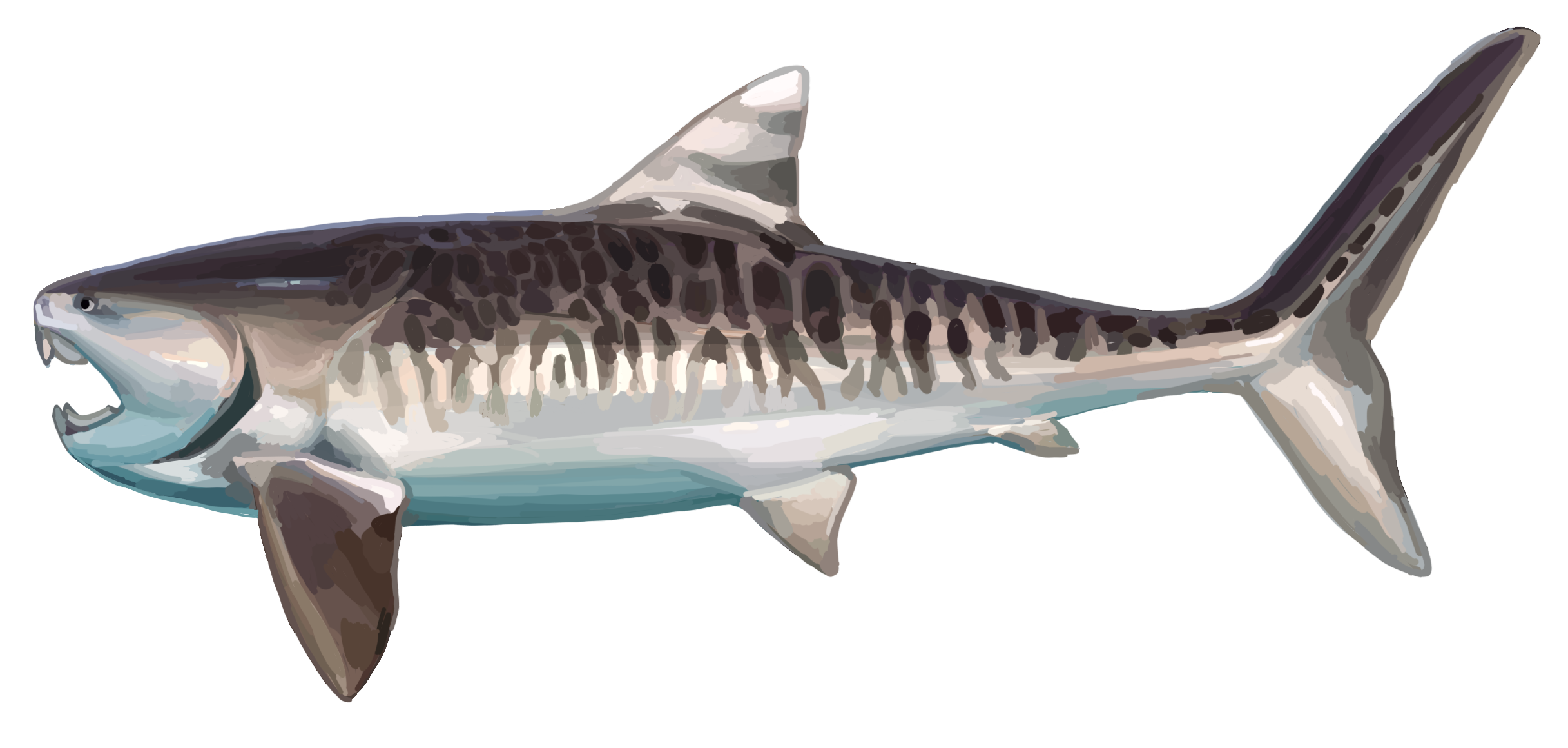|
Faculty Of Food Technology, Latvia University Of Life Sciences And Technologies
Faculty of Food Technology ( lv, Pārtikas tehnoloģijas fakultāte) is a faculty of Latvia University of Life Sciences and Technologies founded in 1948. It offers second-level professional higher education studies in food technology (''Pārtikas tehnoloģija''), academic baccalaureate studies in food quality and innovations (''Pārtikas kvalitāte un inovācijas'') and professional baccalaureate studies in catering and hotel management (''Ēdināšanas un viesnīcu uzņēmējdarbība''), as well as academic master's degree studies in food science (''Pārtikas zinātne'') and nutrition science (''Uzturzinātne''; in cooperation with Latvian University and Riga Stradiņš University) and doctoral studies in food science (''Pārtikas zinātne''). History On 22 October 2014 Latvia University of Life Sciences and Technologies signed a 2.34 million euro contract with a building company "RCBS" for the construction of a new Faculty of Food Technology two-storey building and its surr ... [...More Info...] [...Related Items...] OR: [Wikipedia] [Google] [Baidu] |
Faculty (division)
A faculty is a division within a university or college comprising one subject area or a group of related subject areas, possibly also delimited by level (e.g. undergraduate). In American usage such divisions are generally referred to as colleges (e.g., "college of arts and sciences") or schools (e.g., "school of business"), but may also mix terminology (e.g., Harvard University has a "faculty of arts and sciences" but a "law school"). History The medieval University of Bologna, which served as a model for most of the later medieval universities in Europe, had four faculties: students began at the Faculty of Arts, graduates from which could then continue at the higher Faculties of Theology, Law, and Medicine. The privilege to establish these four faculties was usually part of medieval universities’ charters, but not every university could do so in practice. The ''Faculty of Arts'' took its name from the seven liberal arts: the triviumThe three of the humanities (grammar, rheto ... [...More Info...] [...Related Items...] OR: [Wikipedia] [Google] [Baidu] |
Fish
Fish are aquatic, craniate, gill-bearing animals that lack limbs with digits. Included in this definition are the living hagfish, lampreys, and cartilaginous and bony fish as well as various extinct related groups. Approximately 95% of living fish species are ray-finned fish, belonging to the class Actinopterygii, with around 99% of those being teleosts. The earliest organisms that can be classified as fish were soft-bodied chordates that first appeared during the Cambrian period. Although they lacked a true spine, they possessed notochords which allowed them to be more agile than their invertebrate counterparts. Fish would continue to evolve through the Paleozoic era, diversifying into a wide variety of forms. Many fish of the Paleozoic developed external armor that protected them from predators. The first fish with jaws appeared in the Silurian period, after which many (such as sharks) became formidable marine predators rather than just the prey of arthropods. Mos ... [...More Info...] [...Related Items...] OR: [Wikipedia] [Google] [Baidu] |
Meat
Meat is animal flesh that is eaten as food. Humans have hunted, farmed, and scavenged animals for meat since prehistoric times. The establishment of settlements in the Neolithic Revolution allowed the domestication of animals such as chickens, sheep, rabbits, pigs, and cattle. This eventually led to their use in meat production on an industrial scale in slaughterhouses. Meat is mainly composed of water, protein, and fat. It is edible raw but is normally eaten after it has been cooked and seasoned or processed in a variety of ways. Unprocessed meat will spoil or rot within hours or days as a result of infection with, and decomposition by, bacteria and fungi. Meat is important to the food industry, economies, and cultures around the world. There are nonetheless people who choose to not eat meat (vegetarians) or any animal products (vegans), for reasons such as taste preferences, ethics, environmental concerns, health concerns or religious dietary rules. Terminology Th ... [...More Info...] [...Related Items...] OR: [Wikipedia] [Google] [Baidu] |

